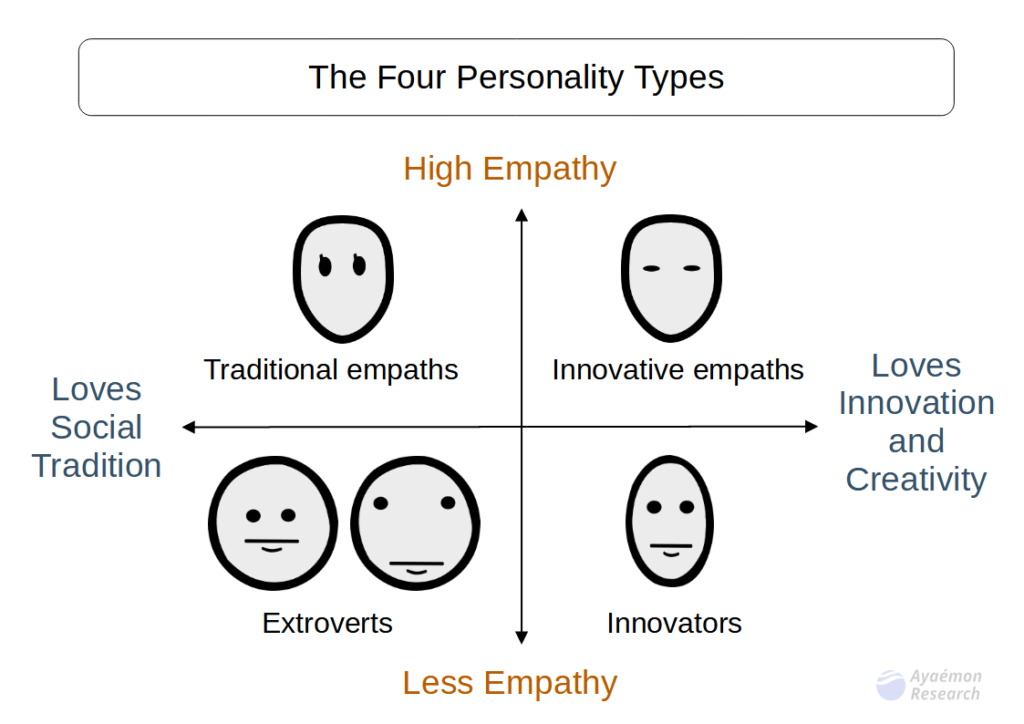I created a new mental therapy method through my experience several days ago. I named it the Cross-Judging Method. Today, I will introduce it.
How to stop blaming ourselves
Sometimes, we want to stop blaming ourselves for our past mistakes or failures. It could happen as flashbacks. We remember them repeatedly, no matter how we try to forget them. That strains us because we feel guilty and blame ourselves whenever we think of it.
In addition, it sometimes prevents us from trying new things because we fear failure. Failures remind us of that pain. That makes us unable to allow any mistakes or failures to ourselves.

That was why I wanted a method to solve the mental problem. Many methods didn’t work for me, so I had to find my way. Although I solved almost all mental problems these years, I still had remnants of them.
Then, I finally found a method to solve it several days ago. I named it the Cross-Judging Method. This method might work for some mental problems, such as an inferiority complex, vague boundaries of self, disappearance of the self, the difficulty of Adult Children, or flashbacks. Today, I will introduce it.
The four types of personalities
To explain it, I will introduce the four types of personalities that I frequently use in this blog. It is as follows:

We classify people’s personalities into four types based on two axes. One is highly empathic or less empathic. The other is like following a social judgment or trying new ways with our judgment.
The values of each personality
Each has its honorable and shameful behaviors because each has different values. They are as follows:
- Extroverts: They admire trying to acquire valuable things in common or traditional ways, even if it fails. However, if they make a loss due to their self-judgment or their way, they cannot forgive it.
- Traditional empaths: They admire helping weak people in common or traditional ways, even if it fails. However, if they bother someone due to their self-judgment or their way, they cannot forgive it.
- Innovative empaths: They admire helping weak people in a new way, even if it fails. However, if they bother someone in common or traditional ways, they cannot forgive it.
- Innovators: They admire trying to acquire valuable things in a new way, even if it fails. However, if they make a loss in their common or traditional ways, they cannot forgive it.

We can understand that each personality has opposite values from the one in the crossed position. Extroverts and innovative empaths are the opposite. Traditional empaths and innovators are the opposite.
Why we cannot forgive the failure
The above teaches us that there is a behavior that one personality cannot forgive, even if it is forgivable for another personality.
For example, assume we are boys and have failed to invite a fantastic girl on a date. We confessed openly but were dumped as a result.
In this case, if we judge it from the perspective of an innovative empath, we cannot forgive it because we annoyed her and didn’t use our wisdom. That is a shameful thing for innovative empaths. We shall regret that attitude and feel, “Why did I do such a foolish thing.”

On the other hand, extroverts will admire us because it is brave and fair behavior. The more fantastic the girl is for everyone and beyond our reach, the more they will praise us, even if we fail. Perhaps after talking about our failures, they will also speak proudly about their similar failures. They know it is a process of accomplishment based on their values.
Then, we can understand we will forgive that failure if we judge the experience from the perspective of extroverts. We can make that failure a funny story.
Judging it from another perspective of values
Let me give another example. Assume we tried a new business and failed. We have had individuality and wanted to use our talent in any way.
In this case, judging from the perspective of innovative empaths, it is a good failure because we know we cannot avoid many mistakes to show our talents. If we are innovative empaths and someone confesses his innovation failure, we will feel like talking about our similar failures proudly. Our struggles created our success.

However, if with extroverts’ values, it will be a shameful failure because we believe we have something special, even though we are mediocre.
Then, we can understand we will forgive that failure if we judge it from the perspective of innovative empaths. That allows us to make that failure a funny past story.
Clearing confusion about values solves the mental problem
Those examples are the point of the Cross-Judging Method. We can judge many failures from each personality. We can allow many mistakes if we view it from the appropriate position. We will never allow all our behaviors if we judge ourselves from only unforgivable positions.
In other words, we can stop blaming ourselves by changing our perspective flexibly. Now, we are changing it flexibly to fit the worst viewpoint. If so, we can understand that we can also modify the perspective to an appropriate perspective.

To realize that, we have to be aware of the perspective we have when we blame past pain.
If we tried to acquire something valuable and failed as an extrovert, we judged and punished ourselves from the perspective of innovative empaths, the opposite values. If we tried to accomplish something new and bothered someone, we blamed ourselves from the perspective of traditional empaths, the opposite values.
We can solve it by changing our perspective flexibly
We blame ourselves from the worst perspective when we are ashamed of ourselves. That makes us feel like we can do nothing but hurt someone. In other words, the confusion of values made us so.
Perhaps this is just a habituation of thoughts. Our parents had confused values and blamed us from only the worst perspective. That made us to judge many things like that.

If we accept the failure, we can talk about it as a funny story to someone with the appropriate values. That was an act of pride, although it failed. Shame and pride are the opposite. That pride allows us to forgive that failure.
In other words, it creates “entirely bad past behavior” if we judge our behaviors from only the worst perspective. Although our behaviors always belong to one of those values, our perspective makes us feel so.
Conclusion
Above is the new method to solve our mental problems: the Cross-Judging Method.
We can modify the perspective flexibly to an appropriate viewpoint. That would solve many mental problems.
This method might help us solve our mental problems.
Thank you for reading this article. I hope to see you in the next one.


